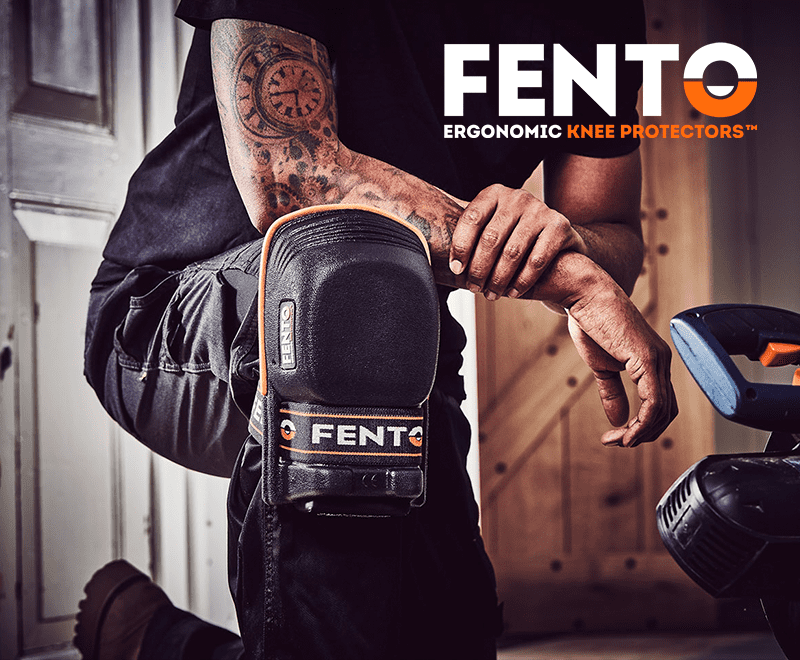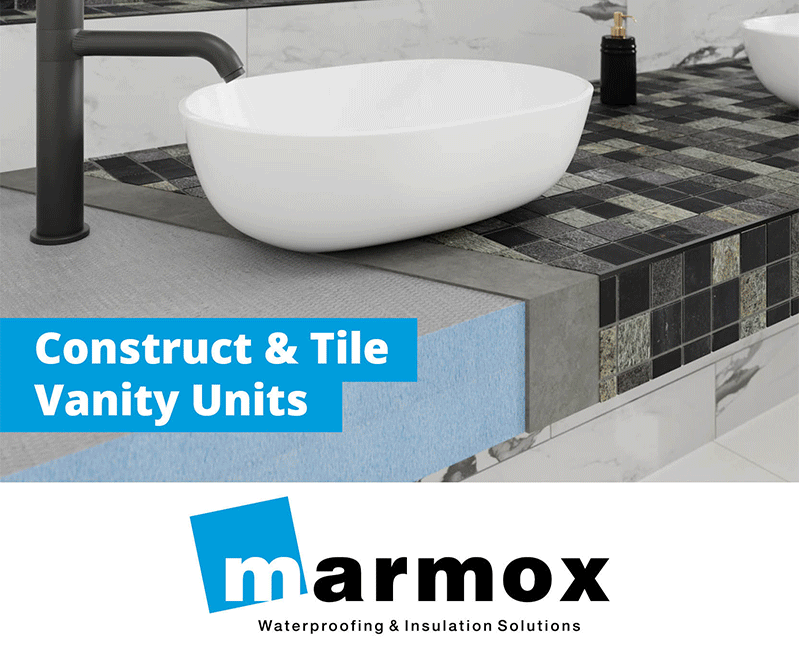The floor is usually the largest horizontal surface in any building, so it naturally accumulates a large amount of all types of contaminants.
Unfortunately, the floor also tends to be the most overlooked surface when it comes to cleanliness, resulting in ground surfaces that harbour a variety of potentially harmful microorganisms. This is especially true for commercial environments – such as shopping centres and supermarkets – that may be visited by hundreds, or even thousands, of people each day. Bacteria and fungi tend to flourish in the warm and humid conditions commonly encountered in busy commercial spaces, and added moisture can lead to unseen mould growth underneath floor surfaces that is inaccessible for cleaning.
The disinfectant dilemma
Uncontrolled microbial proliferation often results in staining, unpleasant odours and even structural damage to flooring materials – which may prompt safety concerns and lead to premature replacement – constituting a significant expense and inconvenience for business owners. Scrubbing these surfaces with disinfectant products can help to reduce the presence of microorganisms, but superficial cleaning has only a limited residual effect, meaning that microbes soon begin to replicate again. In addition, the use of harsh cleaning chemicals and large quantities of water can wear floor surfaces down over time, damaging decorative finishes, and this also raises sustainability concerns. All of this brings the effectiveness of standard cleaning protocols into question, prompting industry professionals to seek complementary ways to maintain floor cleanliness and quality. Fortunately, built-in antimicrobial flooring solutions are available and offer an effective way to continuously control microbial growth on flooring.
The antimicrobial advantage
It is possible to incorporate antimicrobial technologies into any flooring product – including carpets, ceramic tiles, laminates and hardwood – during manufacture. These additives work alongside an effective cleaning regime, offering long-term protection against the growth of damaging microbes. In turn, this helps to prevent premature deterioration of flooring components, extending product lifespans and reducing the need for excessive cleaning and repeated product replacement.
Many successful flooring manufacturers are already collaborating with leading antimicrobial experts to formulate customised antibacterial and antifungal solutions that can seamlessly be incorporated into their products – or used to coat flooring components – without affecting the quality, design or finish of the floor. These novel technologies – such as MicroGuard from Microban International – help to protect flooring from the deleterious effects of unchecked fungal growth, especially in hard-to-reach areas. The best antimicrobial additives are also compliant with environmental and regulatory standards, giving floor manufacturers and customers complete peace of mind that any chemistries introduced to their products will meet building specifications.
Cleanliness from the ground up
Antimicrobial technologies can be implemented into flooring across various domestic and commercial environments to improve the durability and performance of virtually any material. By providing innate protection against bacteria and fungi and reducing our reliance on harsh cleaning chemicals, antimicrobial flooring solutions can bolster our efforts to keep the spaces around us clean, enhancing the longevity of the surfaces we walk on, and contributing to a more sustainable future.
www.microban.com








